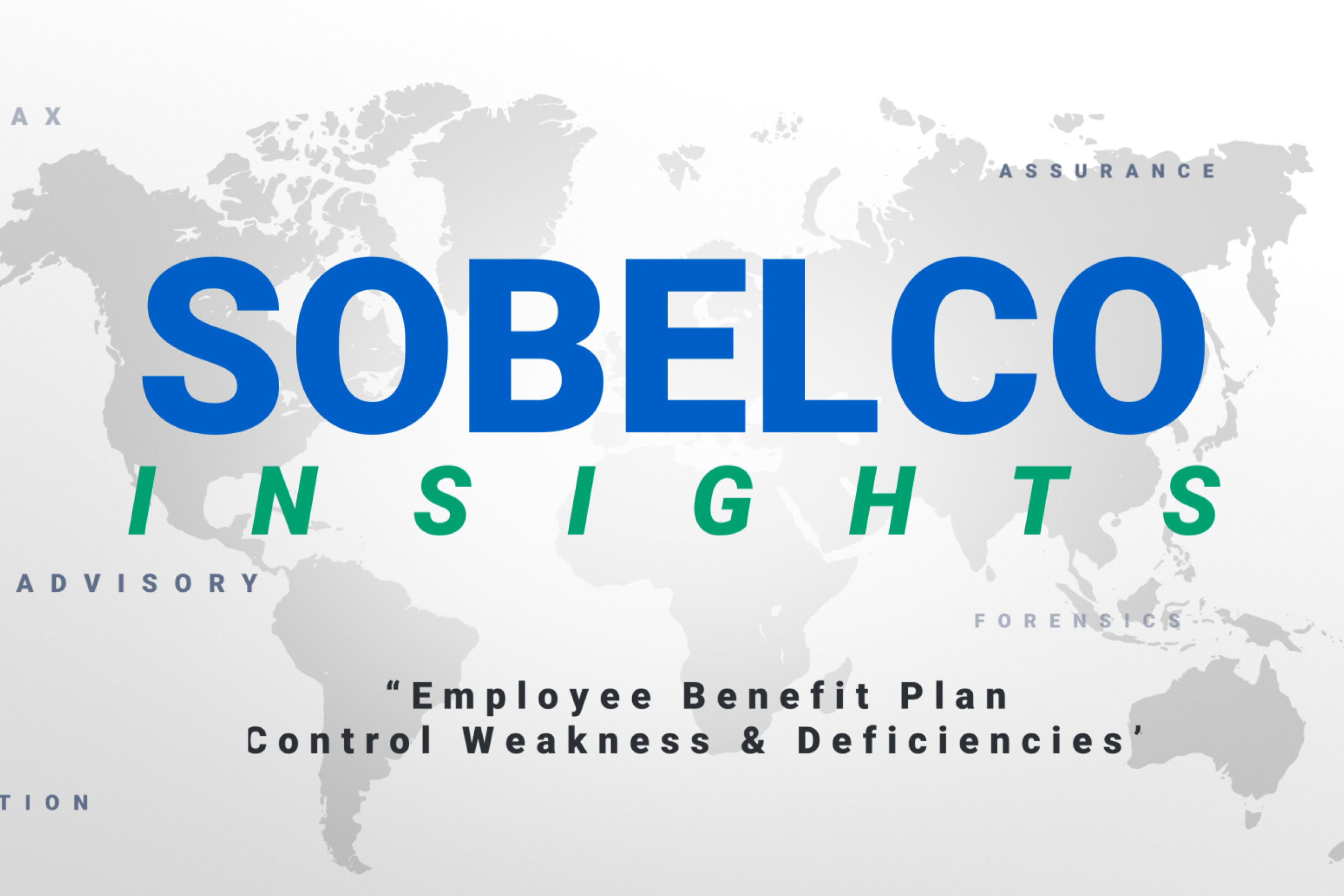
Part I-Why Add More Options into Your Company’s Retirement Plan?
In December 2019 when The Setting Every Community Up for Retirement Enhancement Act (“SECURE Act”) became a law, the main objective was to help overcome the uncertainties and growing weaknesses in the country’s current retirement system. The SECURE Act simplifies the process for small to mid-size companies to provide their employees with automated features, beneficial tax credits, and access to other protective measures and plan-enhancing options.
Why the concern?
For decades, individuals relied on a combination of Social Security benefits, employer-sponsored pensions and personal savings plans to secure their retirement. Over time, plan sponsors, administrators, fiduciaries, owners and attorneys began to recognize the looming challenges facing our country’s retirement system. Studies published in 2019 revealed that the 401(k) median balance for those individuals who were 65 and older was slightly over $58,000. Data published a year later in 2020 by the U.S. Bureau of Labor Statistics cited that only 55% of adults were participating in a workplace retirement plan.
Additional options make sense
As such, many employers are amending their Company plans by adding a guaranteed distribution option as a settlor function. By using this structure, their decision would not be subject to Employee Retirement Income Security Act of 1974’s (ERISA) fiduciary procedural process. The shift from focusing on defined benefits (DB Plans) to defined contributions (DC Plans) with the addition of auto-income options has put the responsibility on the individuals to manage their own future financial security.
Annuities are quickly becoming a preferred retirement vehicle
Annuities are a popular choice when the basic objective is to guarantee a lifetime of retirement income and protection from investment losses (especially in the current unstable market environment).
But there are concerns over annuities, especially regarding the loss of funds in the event of death early in retirement or changes in interest rates leading up to retirement. Nonetheless, annuities remain an important option in retirement plans today.
Because of the concerns that are raised above, it is important that the fiduciary carefully evaluates all of the attributes of the products before being integrated into the plan.
Post-Covid implications
As the ‘great resignation’ continues to have a negative impact on almost every industry across the country and around the world, amending and expanding the company’s retirement plan options can be seen as an excellent human resource tool.
Dissatisfied employees are seeking flexible programs and in-plan controls and benefits that give them confidence that they are protected from market uncertainties and volatility. With a strong benefits package being of paramount importance for employees, smart companies are adopting new alternatives and ensuring their employees’ paths to a secure retirement.


